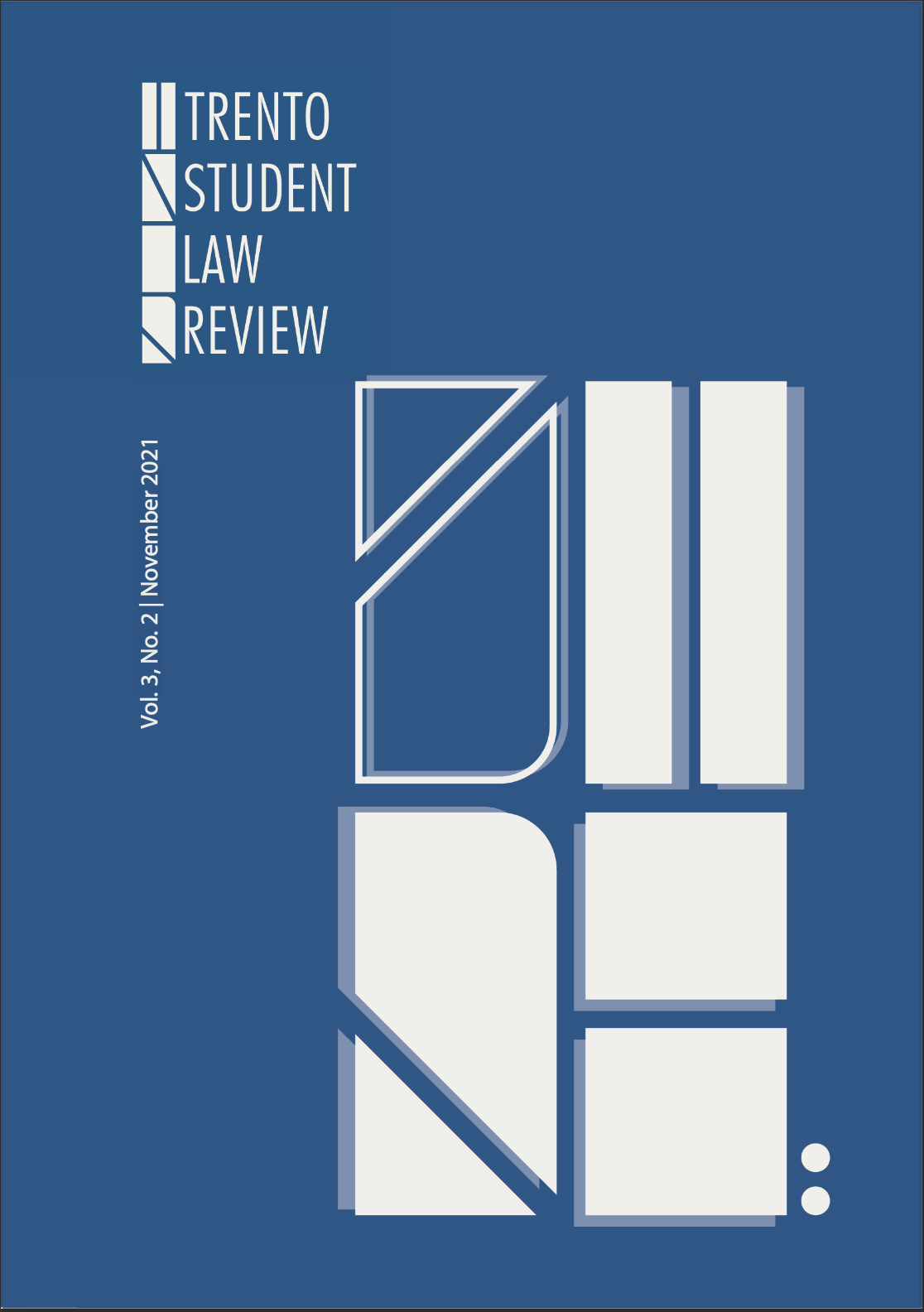The India‐Bangladesh Treaty of 1996: sharing waters at Farakka ‐ An international water law perspective
DOI:
https://doi.org/10.15168/tslr.v3i2.1768Abstract
This paper examines the 1996 Treaty between the Republic of India and the Government of the People's Republic of Bangladesh on sharing of the Ganga waters at Farakka, by putting it in relation and in comparison with the three main principles of international water law: the principle of limited territorial sovereignty, the principle of prevention of significant harm and the duty to cooperate in sharing international watercourses. Hence, the considerations will focus on whether the 1996 India-Bangladesh Treaty reflects the developments of international water law and its principles and what an assessment of the treaty in the light of these principles can reveal, not only on its compliance with international law, but also on its efficacy and long-term perspectives. The analysis will singularly tackle each of the three principles and their correspondences - or lack thereof - in the 1996 Treaty.
Downloads
Published
How to Cite
Issue
Section
License
Copyright (c) 2021 Arianna Crosera

This work is licensed under a Creative Commons Attribution-NonCommercial-ShareAlike 4.0 International License.
The copyright on the texts published in the Trento Student Law Review remains with the respective owners. The journal allows authors to retain publishing rights without restrictions.
The Trento Student Law Review is distributed under a Creative Commons license Attribution - Noncommercial - Share-alike 4.0 International (CC BY-NC-SA 4.0).





